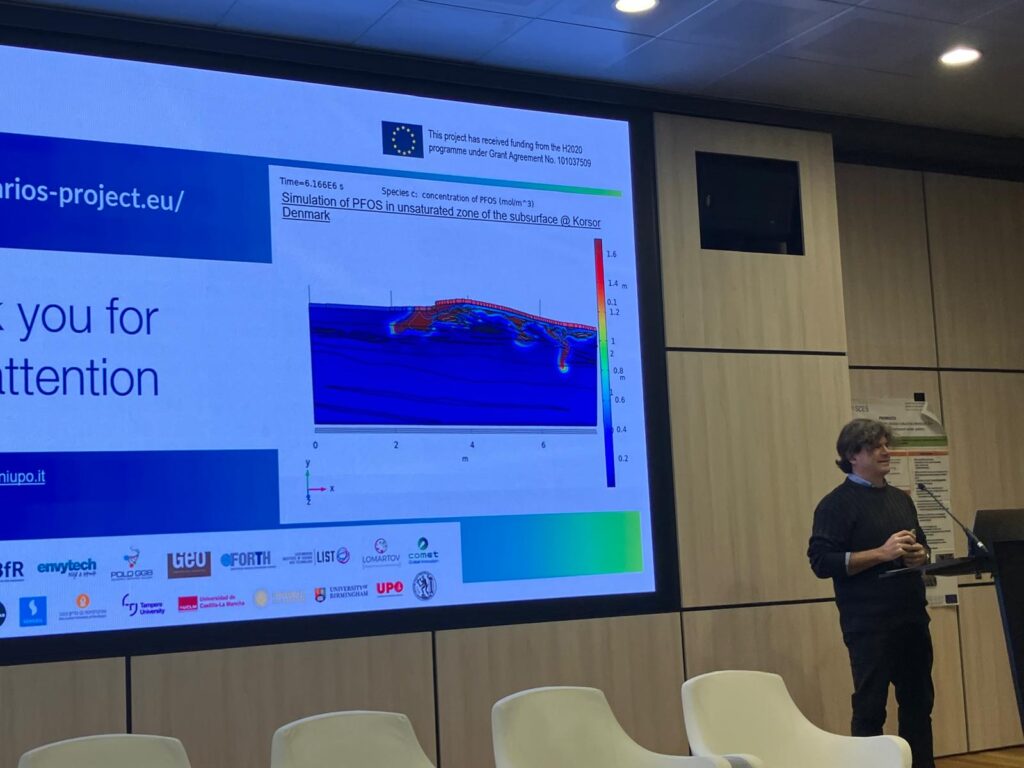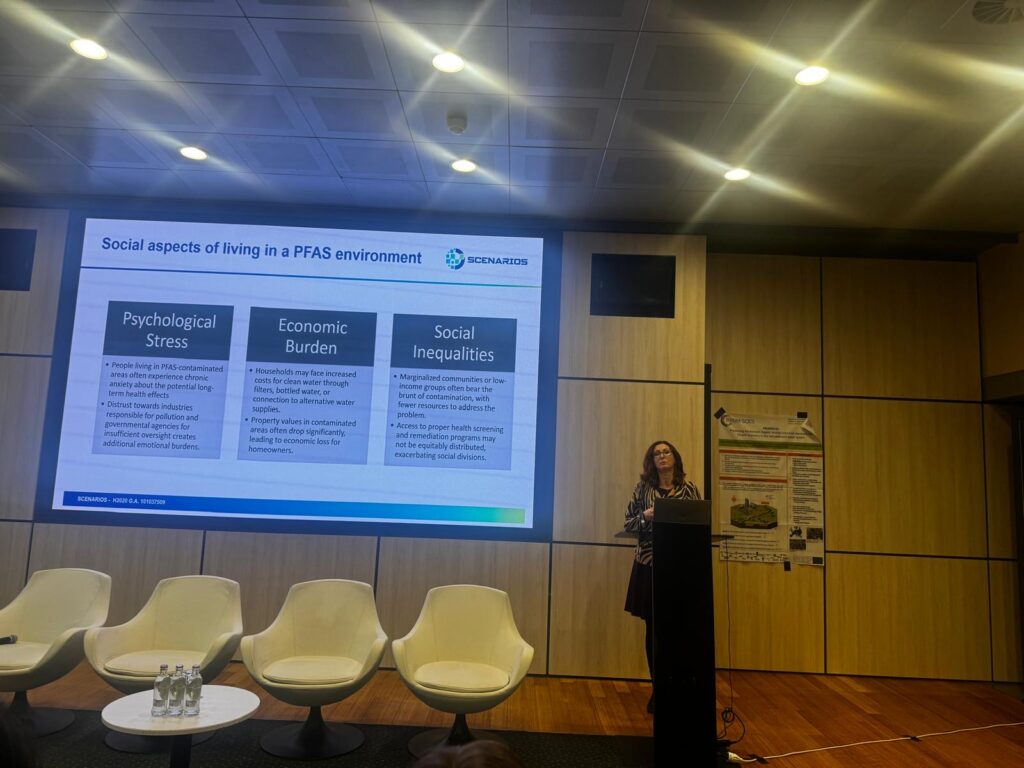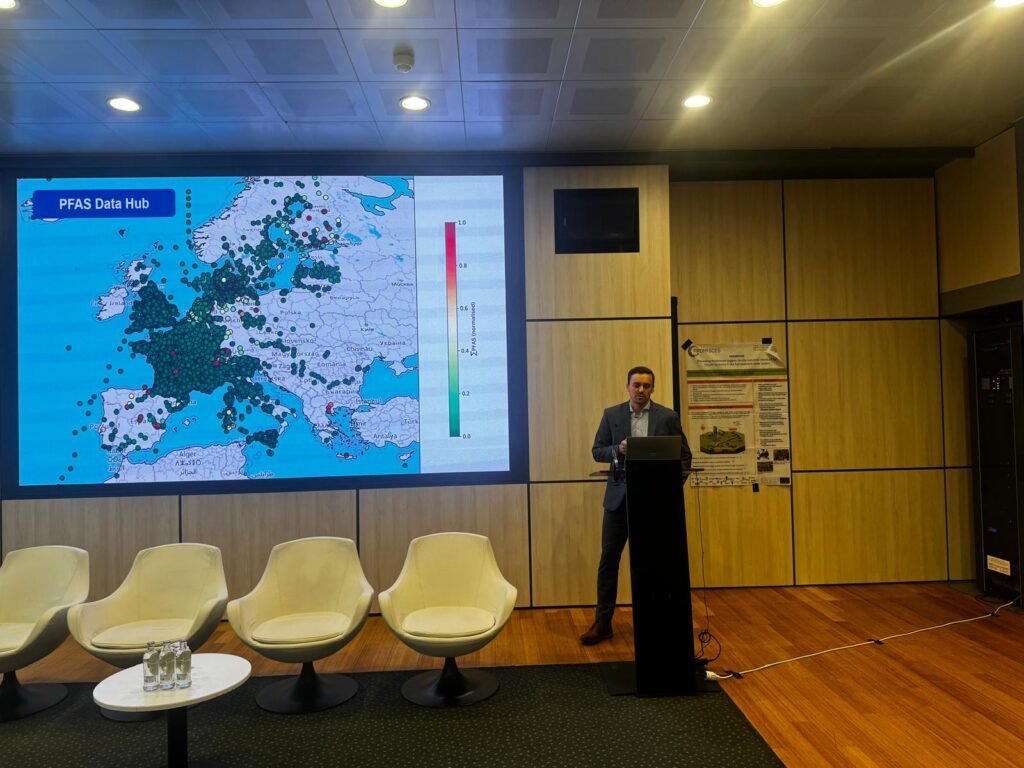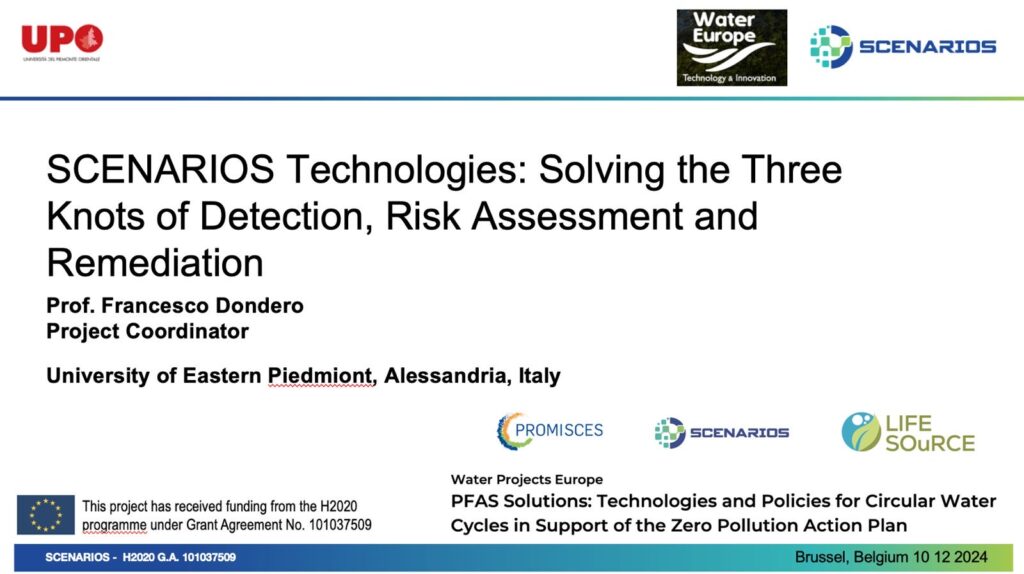The international water research community gathered this week at BluePoint in Brussels, for Water Projects Europe, a key component of Water Knowledge Europe 2024, bringing together 70 experts from scientific, policy, and industrial sectors.
Water, a critical global resource, is under increasing pressure from rapid urbanisation and industrialisation, which elevate demand, consumption, and the production of toxic wastewater. Despite technological advances, significant challenges remain. The conference addresses these challenges with advanced treatment solutions and digital technologies to reduce costs, enhance efficiency, and ensure compliance. This is part of an important effort to lead the transformation in water management, integrate innovative solutions, and achieve operational excellence.


Over the three-day conference from December 10-12, 2024, participants delved into pressing research topics and the socio-economic implications of environmental degradation. A highlight was the presentation by Prof. Francesco Dondero, the SCENARIOS coordinator from UPO. He provided an overview of the project, showcasing results that align with its main scientific objectives: the development of alternative methods for detecting PFAS at ppt levels and the high-efficiency and sustainable removal of short-chain PFAS from groundwater. His presentation underscored the project’s commitment to addressing these persistent contaminants with innovative and practical solutions. A significant session focused on the socio-economic dimensions of environmental contamination. Mihaela Mirea and Jan Klenner from Lomartov delivered insights into the complex challenges of living in PFAS-contaminated environments, drawing attention to the broader human impact of environmental issues.
Mihaela further contributed to the event’s dialogue by participating in a pivotal panel discussion addressing policy needs through targeted research, underscoring the event’s commitment to bridging scientific findings with policy development. One of the main highlights was the fact that it might cost us to remediate the soil and water, but it is much more expensive not to do it. All the consequences need to be taken into account, including psychological stress, economic burdens, and social inequalities.


The conference represents a crucial platform for interdisciplinary collaboration in addressing contemporary water and environmental challenges.
